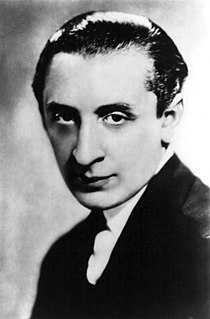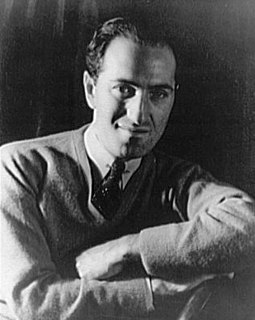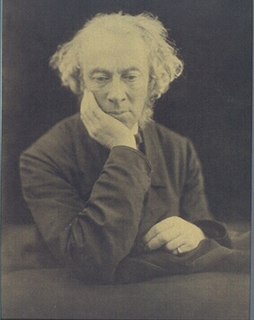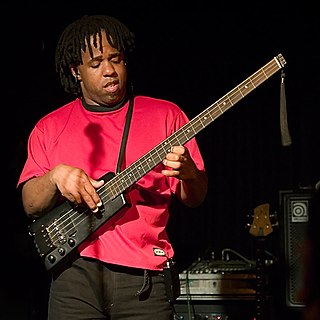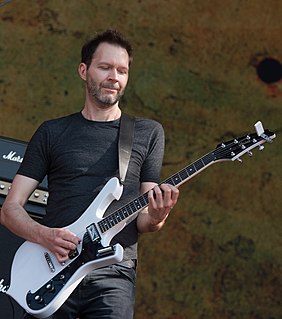A Quote by Gustav Mahler
Related Quotes
Performing isn't only about the acrobatics and the high notes: It's staying in the moment, connecting with the audience in an authentic way, and making yourself real to them through the music. I am more than the notes I hit, and that's how I try to approach my life. You can't get it all right all the time, but you can try your best. If you've done that, all that's left is to accept your shortcomings and have the courage to try to overcome them.
The genius of a composer is found in the notes of his music; but analyzing the notes will not reveal his genius. The poet's greatness is contained in his words; yet the study of his words will not disclose his inspiration. God reveals himself in creation; but scrutinize creation as minutely as you wish, you will not find God, any more than you will find the soul through careful examination of your body.
A scale is just the notes that are in a chord played one at a time instead of together. That's what has allowed me to go through the possible notes that work with a chord and make choices about which ones I like best. I go through by ear; you can do it by theory too, but the best way is to learn by ear.
The real deep text of music and the whole reason that it has continued with the profundity and urgency that it has for over a thousand years, has to do with what the notes say, what the notes witness, different experiences of hope or doubt that people are able to distill and encode and pass on in this way.
That seems like one of the differences in expectations of "serious" and "popular" music that you can actually depend on the liner notes to explain yourself? Yeah. Whereas in popular music you depend on photo shoots. A hardcore band who looked like Duran Duran would have to depend upon those liner notes.

